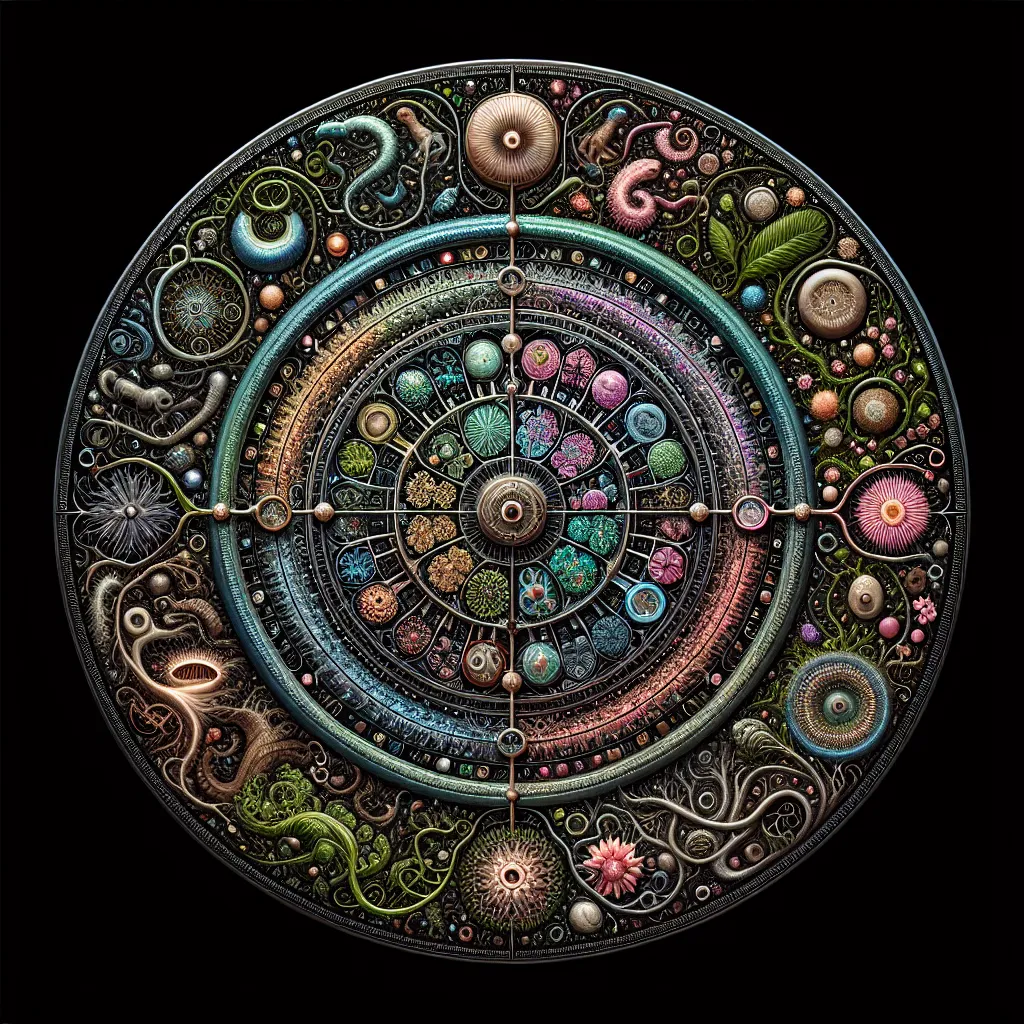Homonym: Biological Clock (Timekeeping)
A biological clock is an internal mechanism that regulates the timing of various physiological processes in living organisms. It helps control cycles such as sleep-wake patterns, hormone release, and metabolism. This clock is influenced by environmental cues, particularly light and darkness, which help synchronize it with the day-night cycle.
In humans, the biological clock is primarily located in the suprachiasmatic nucleus of the brain. It operates on a roughly 24-hour cycle, known as the circadian rhythm. Disruptions to this rhythm, such as shift work or travel across time zones, can lead to sleep disorders and other health issues.